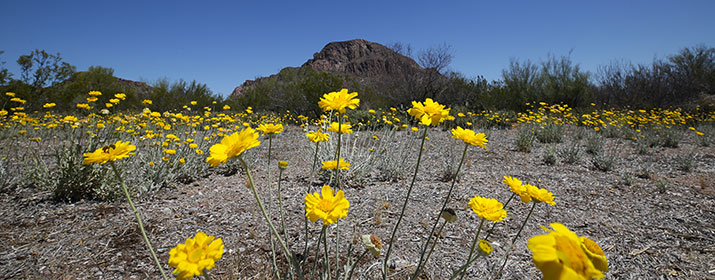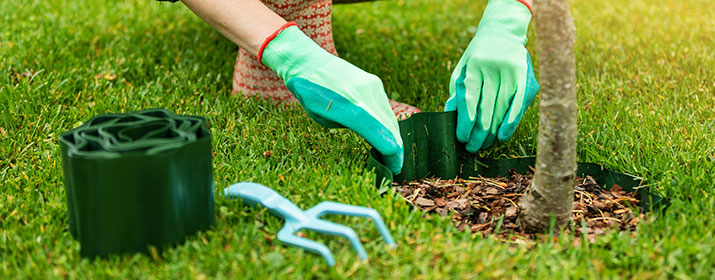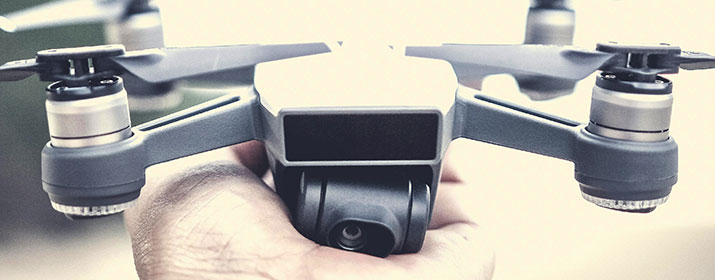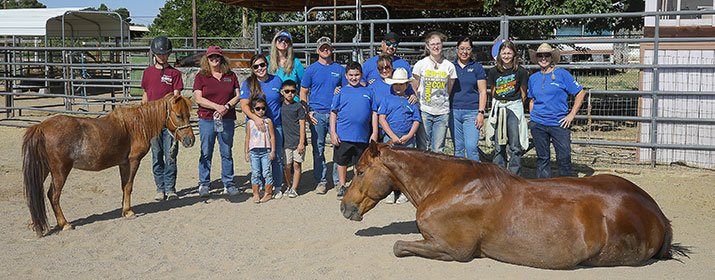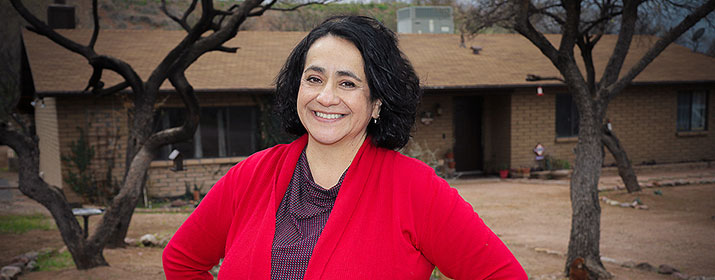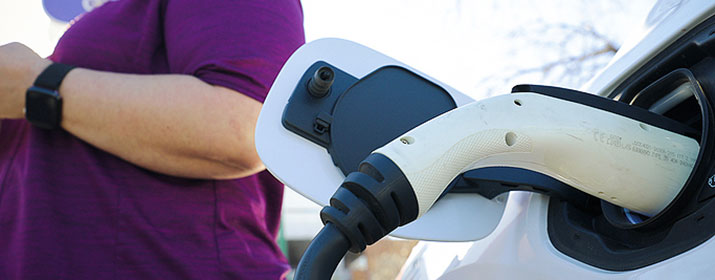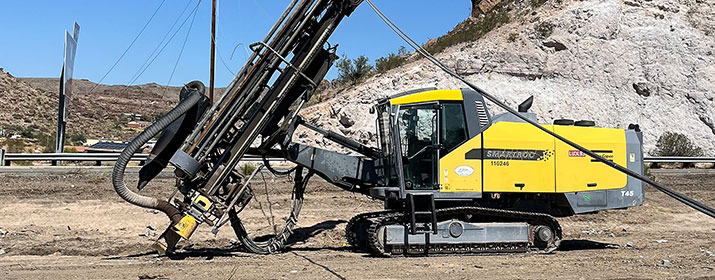
A power outage caused by a forklift serves as a cautionary tale about the potential hazards of working near power lines.
In Kingman, more than 2,100 customers lost power for about six hours last summer when a forklift dragged down an overhead power line.
The incident occurred as a contractor installed grandstands for the Route 66 Street Drags, a popular one-eighth of a mile race down Andy Devine Avenue.
The forklift was unloading equipment off a truck and swung too high, hitting the line, said Steve Hanes, District Manager of UniSource Energy Services electric operations in Kingman. A mix of businesses and homes were out of power while UniSource crews repaired the line.
UniSource regularly warns customers in safety messages to look up and around to avoid contact with power lines, whether that’s on construction jobs or even just doing fall or spring cleaning around the yard.
Luckily, no one was injured. “Our system worked like it was supposed to,” Hanes said.
Hanes said UniSource employees are willing to coordinate with contractors and other work teams to avoid such incidents. In some cases, UniSource will bill the person or entity responsible for both work time and damages in such incidents.
“We want to make sure to raise awareness that anytime work is being done under or around our power or gas lines, they can reach out to us for guidance and to avoid problems,” Hanes said.
Here are some dos and don’ts when working around your home or worksites:
DO
- Call 811 at least two days before crews begin digging or excavating. This free line locating service ensures all nearby utility lines will be clearly marked so that work crews avoid damaging underground gas and electric lines. “It’s fast and easy to request line locating – and it’s the law,” Hanes said.
- Always assume UniSource equipment is energized and poses a potential safety hazard. If UniSource equipment is struck or damaged, keep workers and residents away from the area and immediately call the UniSource Emergency Hotline at 1-877-837-4968. Find gas safety information.
- Carefully plan the placement of trees and shrubs. Landscaping planted too close to our facilities may interfere with our equipment and overhead lines when they’re fully matured. Plan for a 10-foot working clearance around equipment.
DON’T
- Don’t dig until you know what utility lines are below. Plan at least two days ahead of your building schedule to allow time for the lines to be marked.
- Don’t cover UniSource’s equipment with soil, debris or construction materials. Our equipment should be visible and accessible at all times. These materials can corrode equipment, cause failures, impede our crews’ access, and increase the risk that hidden equipment will be struck and damaged.
- Don’t lose sight of UniSource facilities when operating heavy equipment or vehicles. Be aware of the location of UniSource equipment at all times to avoid accidental damage and costly repairs.
- Don’t change the pad grade after UniSource equipment is installed. Changing the grade may negatively affect the positioning of our installed equipment. If the grade is altered, contractors or builders may accrue additional costs for corrections.
“Whether you are a residential customer or a contractor, reach out to us. We’re more than happy to meet you on site. Let us know what type of work you are doing and we can make that job site safer,” Hanes said.

